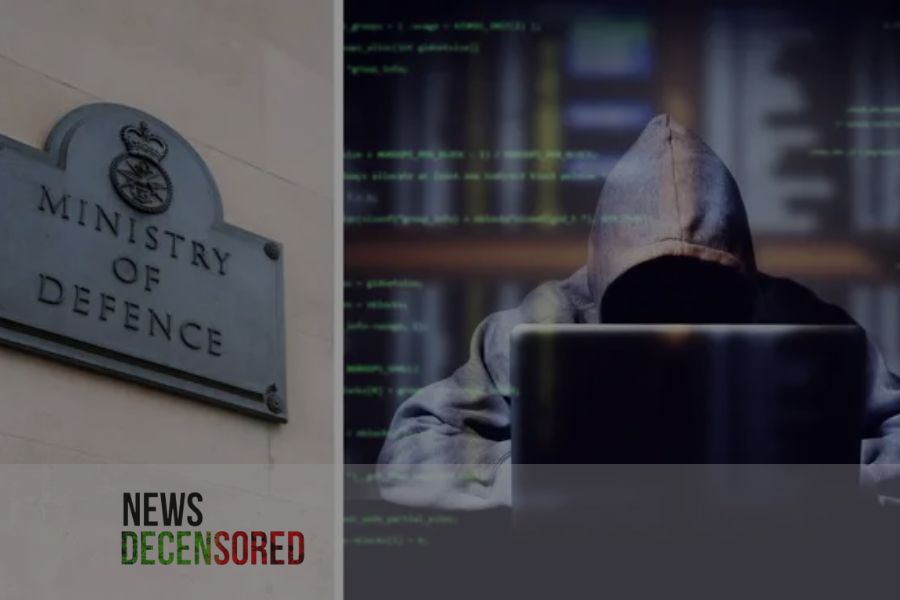British intelligence officers are investigating a massive data leak in the Ministry of Defence (Mod) that resulted in the leak of troops’ data. The government remains silent on who is guilty; as the media reports, China is generally the suspect.
In this case, the attack targeted a strategic payroll processing system a contractor ran. This system contained veterans’ names, bank details, and possible personal information. The MoD adds that all the salaries for January 2022 will be paid on due dates, as promised.
In recent days, the MoD’s Information Security department has worked hard to assess the extent of the hacker’s damage. Moreover, the MoD notified that its personnel would assist those who became sufferers. Consequently, the system that the contractor developed, which was not directly connected to the MoD leading network, has been sealed off for a comprehensive security scan.
Defense Secretary Grant Shapps will give a televised address today in Parliament, laying a framework composed of assorted initiatives aimed at minimising the effects faced by casualties. This conclusion prompts questions about possible risks from China’s interchange of intelligence between the UK and emotionally charged states.
China’s foreign ministry has been firmly against the blaming, saying that they do not support cyber-attacks and that it is unsuitable for politicising the argument.
This cyber incident came after two hesitantly labelled cyber operations attributed to China in the UK. These include an attack against the Electoral Commission and an effort targeted at anti-China-leaning Members of Parliament. This speaks of China’s activities in the cyber world and reflects a growing unease about China’s cyber actions.
The UK politicians said that the cyber assault was an unquestionable outrage. Tobias Ellwood, a Tory MP and veteran military officer, highlighted the risk of inducing financial pressure on vulnerable service members when they are being resorted to due to coercion.
Labour’s shadow defence secretary, John Healey, asked for a full government explanation. At the same time, Iain Duncan Smith, an MP with a failed China policy, suggested the UK reconsider struggling with a new national approach to security because of China’s systemic threat.
Tobias Ellwood also underscored the evolving character of combat and the consequential necessity of the cyber domain, like the physical domain, not as a secondary or complementary but as a primary concept. He continued, warning that the possible attacks on the UK can be just a sample for other NATO countries in a similar way.
Although the UK is not on its current itinerary, Chinese President Xi Jinping is participating in a European visit that starts in France and proceeds to Serbia and Hungary. The meetings are being carried out at a time when there might be increasing tensions between the UK and China.
The MoD data theft represents a grim next-handed reminder of the modern cyberspace environment and the growing problem of state-sponsored cyber-attacks. While the UK’s government and the outside world are closely scrutinised in the upcoming hours, their corresponding action is essential.















